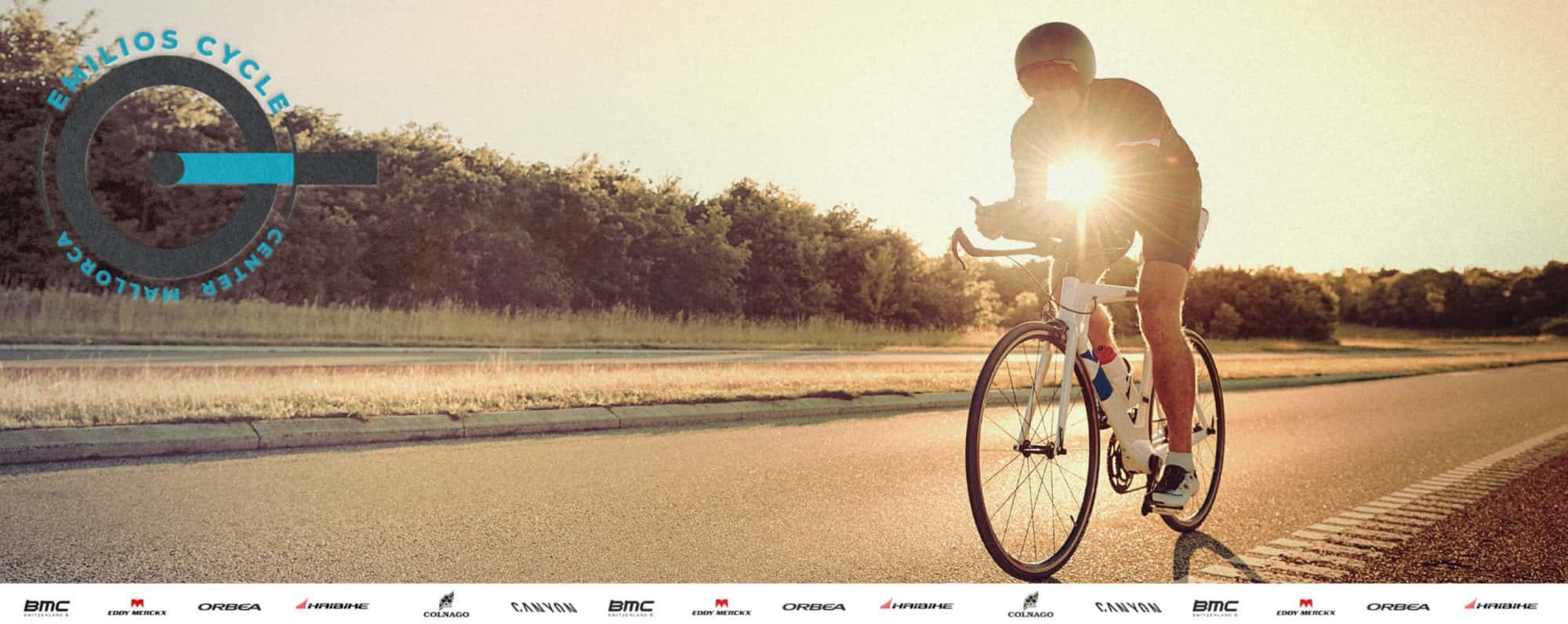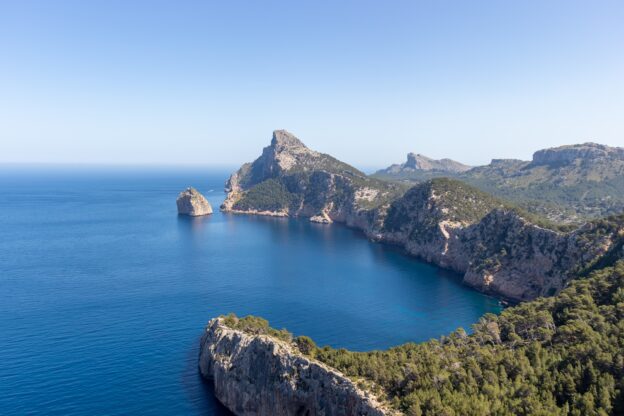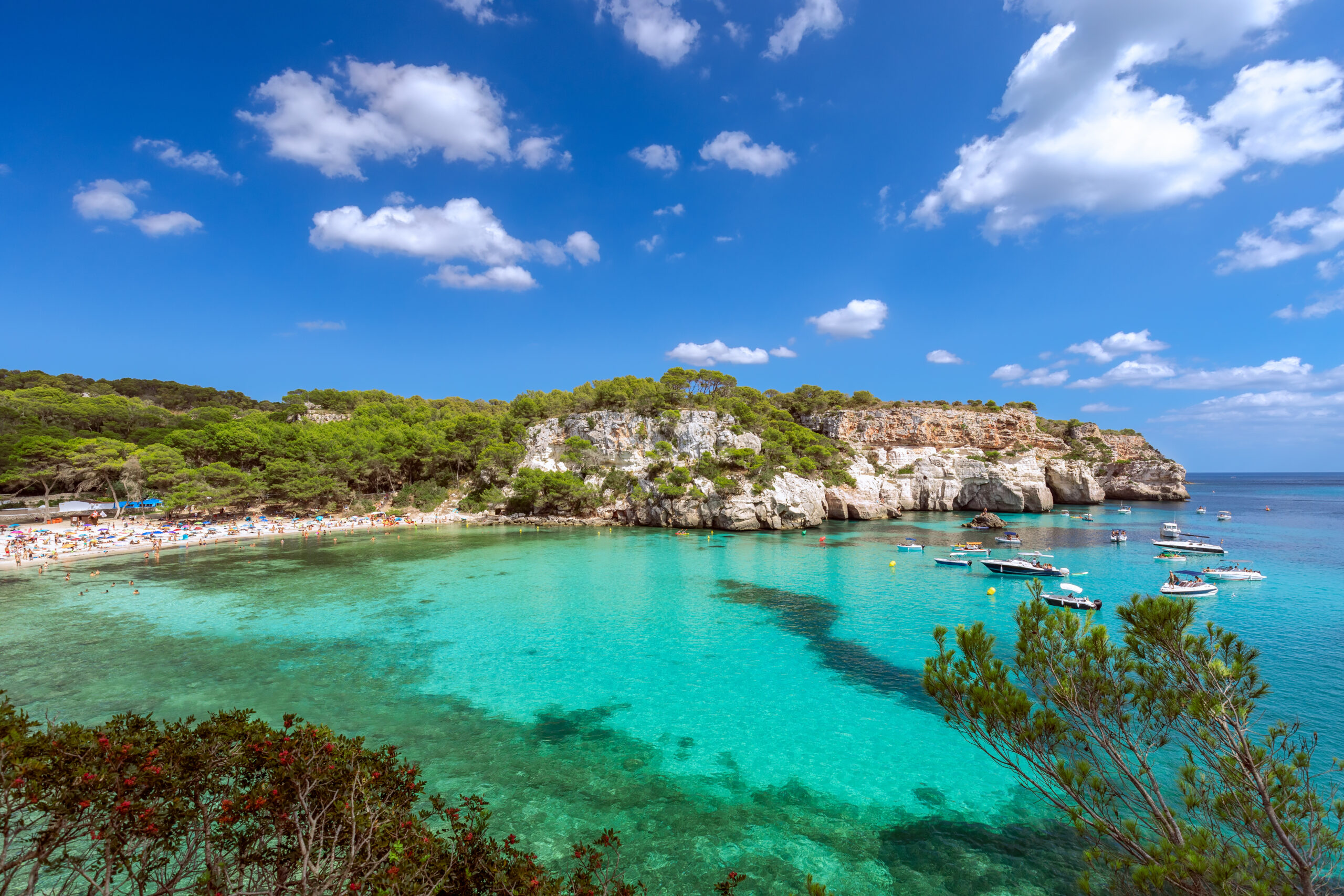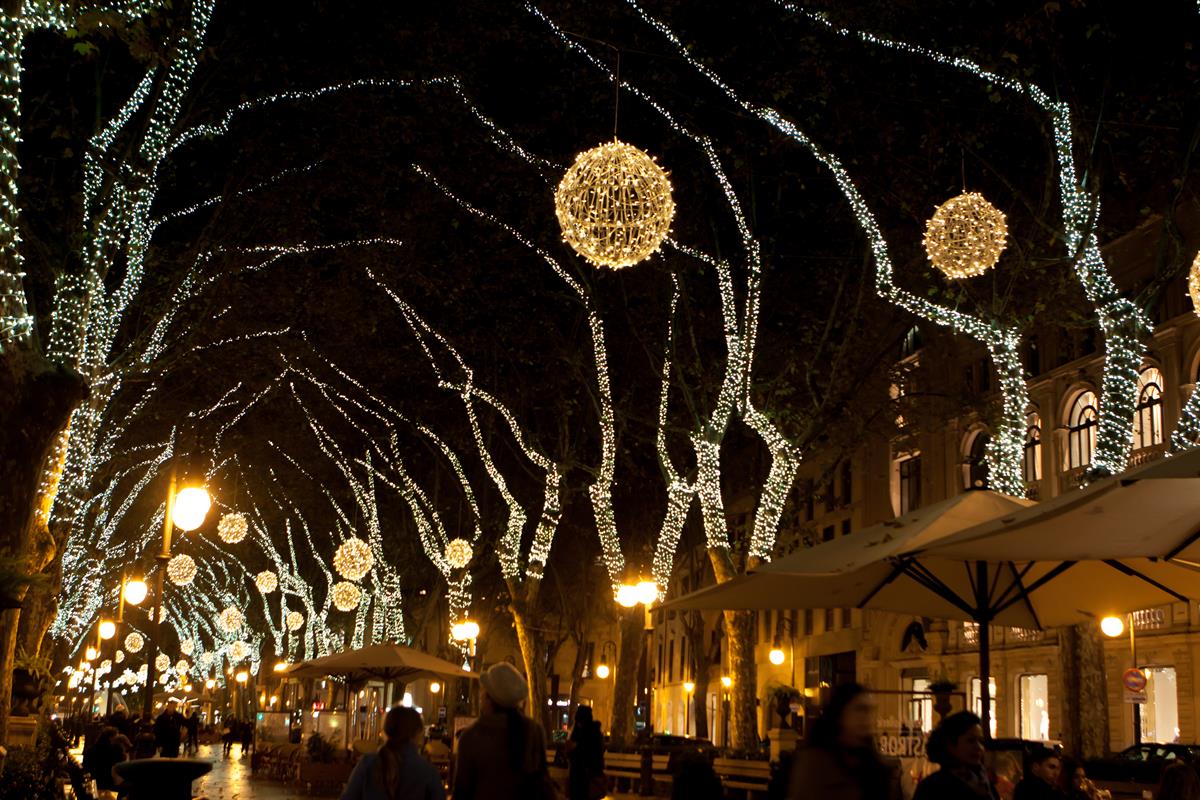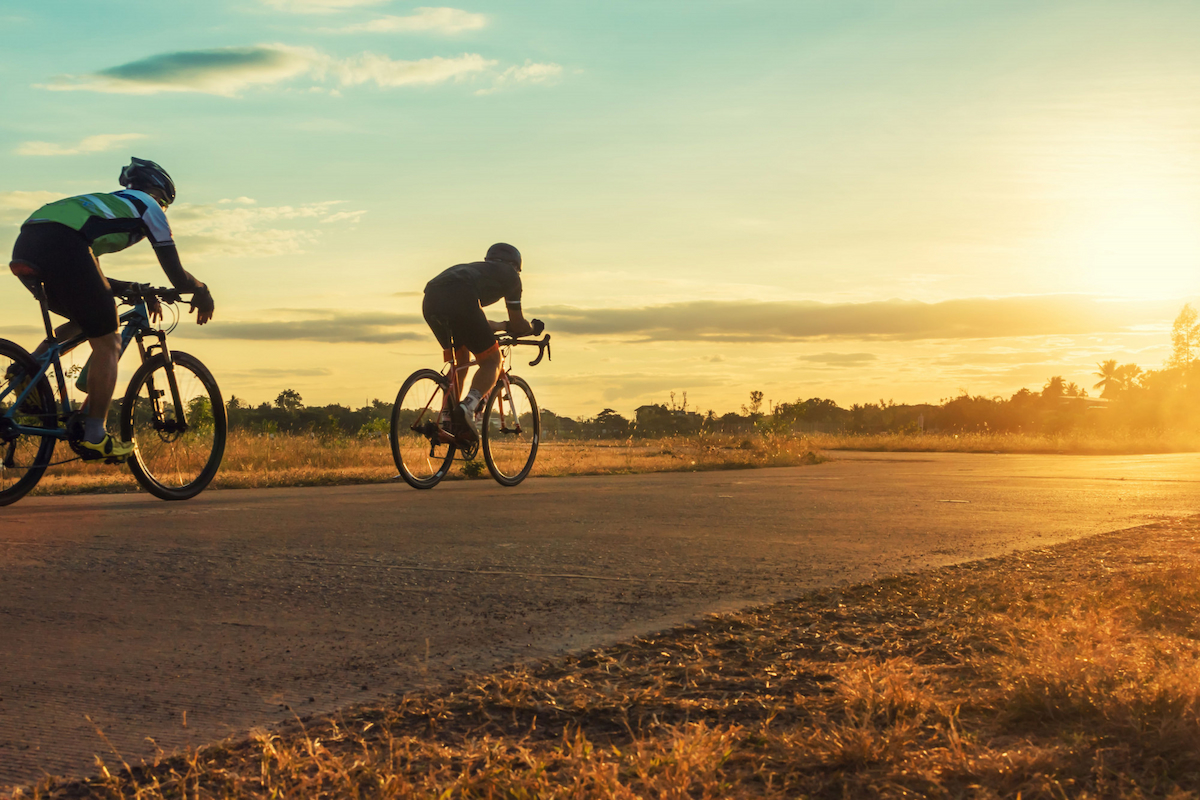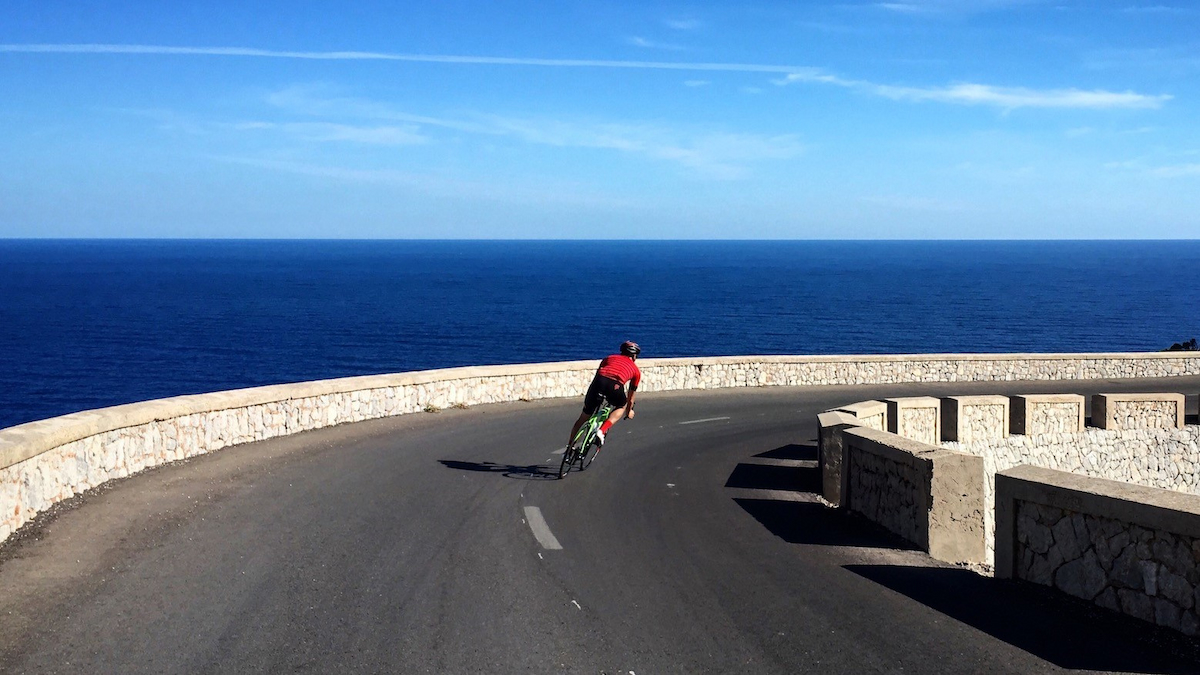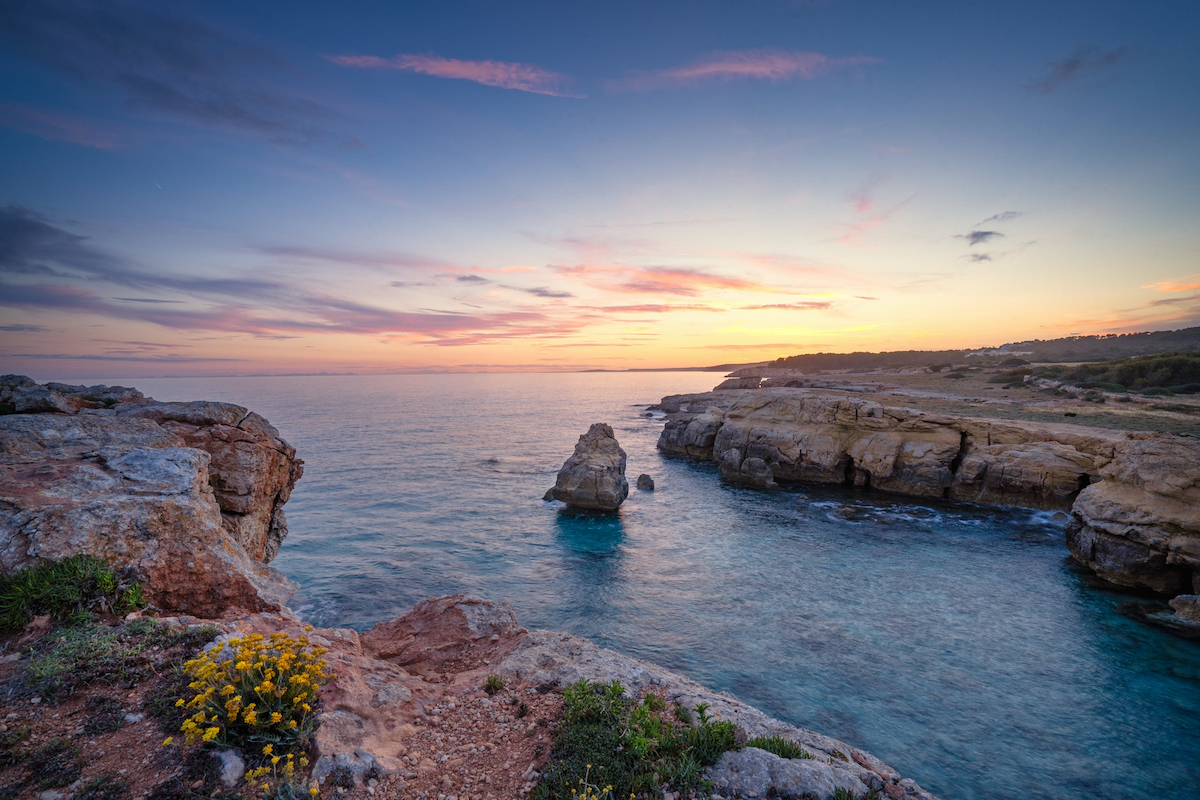The four breathtakingly gorgeous Balearic Islands, located just off the east coast of Spain, are among the most sought-after vacation spots in Europe thanks to their sparkling beaches, sunny weather throughout the year, and enticing hotels. Yet, overtourism on these idyllic Spanish islands has become a significant problem in recent years, whether it is due to the party culture migrating to Ibiza and Mallorca or summer sun-seekers pouring on Formentera and Menorca. In order to become “the world’s first circular destination,” the Balearic authorities have assumed a leading position in Spain by implementing a number of new responsible tourism measures. The objective is to develop a more sustainable and balanced tourism industry that also meets the requirements of the local populace and the environment on the islands.
The Balearics saw roughly 16.5 million visitors in 2022, which is comparable to pre-pandemic 2019 numbers. For comparison, the entire region of Andaluca received roughly 30.7 million visitors in 2022, compared to 14.5 million for the eight Canary Islands in Spain. The Balearic Islands’ long-term goals now include lowering summer visitor numbers, promoting off-season travel, and increasing in-depth cultural trips that benefit the local populations. The Balearic Islands’ tourism strategy is fundamentally based on sustainability and the circular economy. It is essential that we preserve the natural environment and cultural history of our islands so that present and future residents can enjoy them “Lonely Planet is informed by Iago Negueruela, the Balearic Islands’ tourism minister. Our islands have so much more to offer than just sun and sand, and we urge travellers to travel outside of high season to appreciate our cultural, gastronomic, and active offers, thus distributing the flow of tourism throughout the year.
Overnight stay? A tourism tax must be paid
The Balearic Islands became Spain’s second area to enact a tourism tax in 2016, following in the heels of its neighbor on the mainland, Catalonia. The Impuesto del Tourism Sostenible, sometimes known as ecotasa, is a charge that can be between €1 and €4 per person per night for accommodations for travelers. The money is used to help local conservation initiatives, such as the preservation of the posidonia seagrass, which produces the oxygen that lends the Balearic Sea its well-known blue hue, and the restoration of several mountain huts in Mallorca’s undeveloped Serra de Tramuntana. The Valencia area recently adopted a tourist tax that will go into effect in 2024, and it’s rumored that numerous other well-known Spanish tourist sites, including San Sebastián, Granada, Málaga, Seville, and Santiago de Compostela, are also contemplating it.
Ban on new hotels and other tourist lodgings
The islands therefore implemented a restriction on building new hotels and other tourist lodgings (including apartment rentals) until at least 2026 in 2022. Existing housing can only add on to or renovate its existing structures by 15%, and only under the condition that the number of beds is decreased by 5%. Due to growing worries that soaring rents are driving out local inhabitants, Airbnb-style tourist homes have been prohibited in Palma, the capital of Mallorca, since 2018. The protection of local people employed in the tourism industry is another important factor. Recent measures include the requirement that all four- and five-star hotels feature lift-up beds in order to assist prevent injuries and forceful exertions among housekeeping personnel.
less noise, less pollution, and alcohol restrictions
Formentera, the slower-paced Balearic sister still only reachable by ferry, off the southeast coast of Ibiza, has restricted car access during peak season since 2019 in an effort to conserve its natural spaces. Non-Balearic visitors who wish to drive a car or motorcycle here from mid-June to mid-September must apply in advance for a permit and, if accepted, pay a daily fee of €3 (minimum €15 total) or €1.50 (minimum €7.50 total); hybrids receive a 50% discount. Electric vehicles are excluded from the cost. As a result of the new Menorca Reserva de la Biosfera statute passed in January 2023, Menorca is currently also planning a similar program that might start as early as this summer.
Visitors must also make advance reservations to enter the Parc Nacional Martim-Terrestre de l’Arxipèlag de Cabrera in Mallorca, the only national park in the Balearics with a high concentration of birdlife. Only 200 to 300 people per day are permitted entry, and only to the main Illa de Cabrera, from Easter to October. Since 2020, there have been restrictions on the quantity of alcoholic beverages that all-inclusive resorts can serve in the hedonistic hotspots of Ibiza and Mallorca. The islands are continuously enhancing their transportation connections throughout the year, such as the recently inaugurated year-round Vueling service between London and Menorca. While this is going on, a few local hotels are already taking the risk and remaining open all year round.
How you may make a responsible contribution
There are numerous opportunities for responsible participation for visitors to the Balearic Islands. Why not avoid the airfare and utilize the islands’ dependable boat connections to Spain’s mainland? Perhaps eating at independent eateries that feature Balearic cuisine and seasonal ingredients just outside your door? Additionally, you can go shopping at neighborhood farmers’ markets and art galleries, choose low-impact activities like horseback riding or cycling, ideally with a knowledgeable local guide, and discover the many distinctive traditions of the islands, such as making cheese and gathering plants for Ibiza’s well-known hierbas liqueur. Look for a reputable base that is truly dedicated to more sustainable tourism. This could include magnificent rural agroturismos that preserve regional traditions or chic boutique hotels that revitalize old structures while emphasizing eco-friendly efforts.
We would be more than happy to help you in any way we can
Come and cycle further and faster and become a better cyclist in Mallorca. You can count on the helpful staff at Emilios Cycling Mallorca to help you get the most out of your time If you’re planning to visit Mallorca in September. Whether you’re traveling alone, with a partner, or with your family, you can get customized services and solutions to help you get the most out of your time at Europe’s best place for cycling.
There are over 100 carbon road bikes, trekking bikes, mountain bikes (including e-bikes), and sporty tandems to choose from. We always make time for our customers because they come first! We collaborate to ensure that you have the proper bike for your requirements, and we’ll gladly recommend some of the most popular routes in the area to get you started. Radvermietung-Mallorca.com gives you access to a well-equipped professional workshop as well as the top employees in the industry that really care about their work.
A whole new world of adventure and enjoyment has been opened up by Mallorca’s cycling community and the island itself! In which case, what are you waffling on about? You’ll have such wonderful time if you visit Mallorca. Cycling through the picturesque towns and villages teeming with old olive and pine trees is a genuine treat. Our goal at Emilios Cycling Mallorca is to help you get away from the everyday grind and enjoy life to the fullest.
